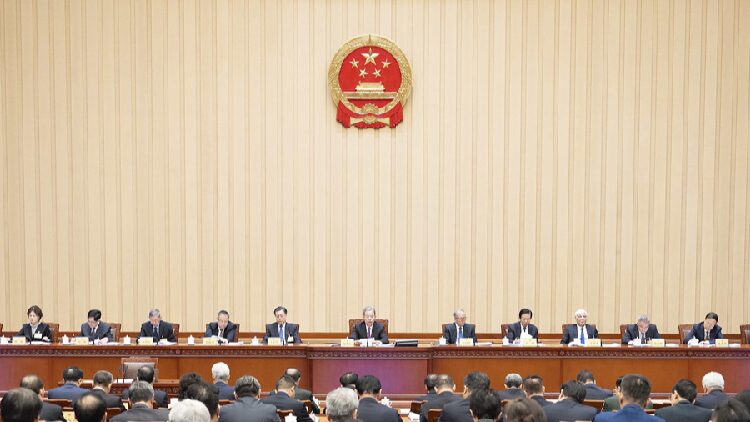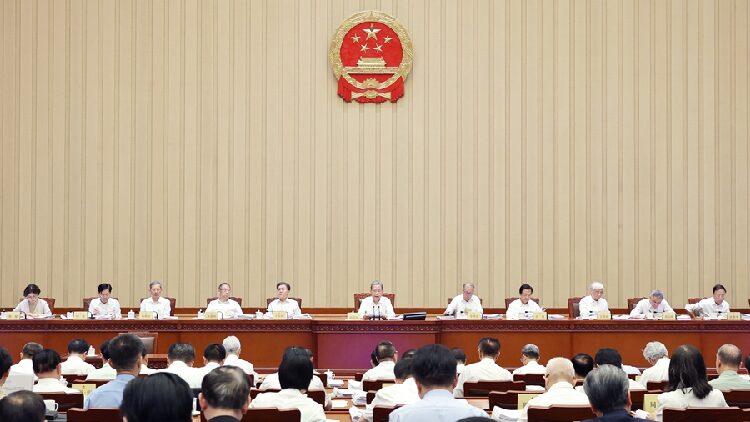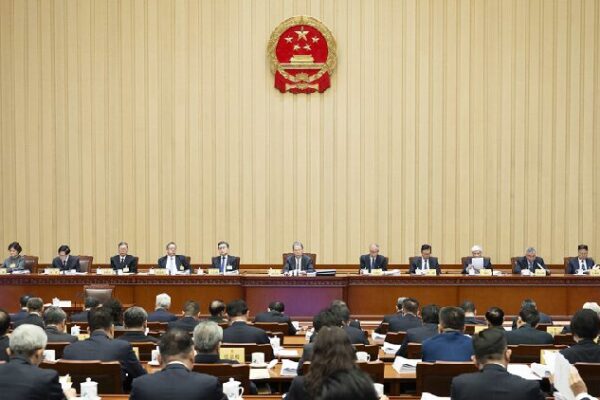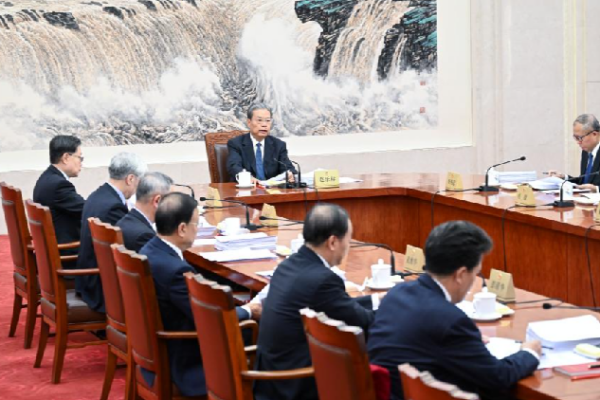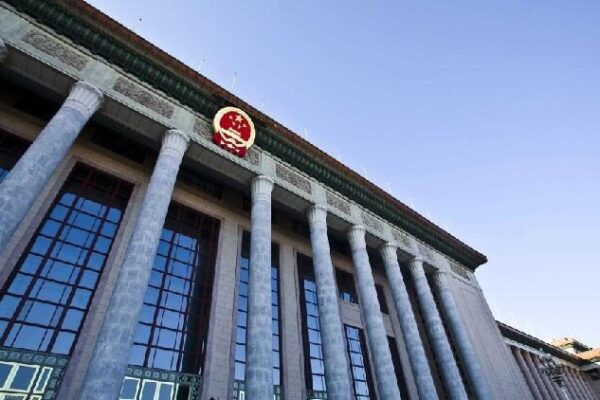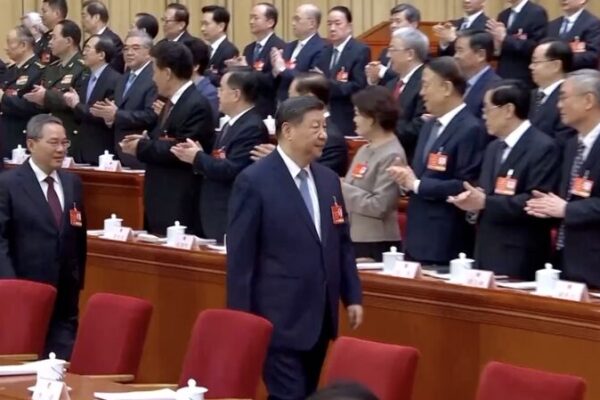China’s Top Legislature Concludes Session, Enacts New Laws and Appointments
China’s top legislative body, the Standing Committee of the 14th National People’s Congress (NPC), wrapped up its 13th session in Beijing on Wednesday, introducing significant legal reforms and leadership changes that could impact the nation’s future.
In this session, lawmakers adopted several important laws. A new law on value-added tax aims to streamline taxation and boost economic efficiency. Amendments to the Supervision Law are set to enhance government oversight and support transparent governance. The revised Science and Technology Popularization Law seeks to promote innovation and scientific literacy among the public, encouraging more young people to engage with science and technology.
The session also saw a key leadership change in the Ministry of Natural Resources. Wang Guanghua was relieved of his duties, and Guan Zhi’ou was appointed as the new minister. This change could signal new directions in how China manages its natural resources and environmental policies.
President Xi Jinping signed four presidential orders to officially enact these new laws and decisions, underlining their significance for the country’s development.
Looking ahead, the committee scheduled the third session of the 14th NPC to open on March 5, 2025. They also moved to submit a draft amendment to the Law on Deputies to the NPC and Local People’s Congresses for further discussion, highlighting the evolving nature of China’s legislative processes.
On the international front, lawmakers ratified extradition treaties with Zimbabwe and Suriname, strengthening legal collaborations and fostering closer ties with these nations.
Zhao Leji, chairman of the NPC Standing Committee, presided over the meetings and later granted letters of appointment to members of the sixth-term Macao Special Administrative Region Basic Law Committee. This emphasizes China’s commitment to regional governance and upholding legal frameworks within its special administrative regions.
Reference(s):
China's top legislature concludes standing committee session
cgtn.com
